The Children’s Room’s Diversity, Equity, and Inclusion Statement
Updated September 2024
The Children’s Room sees diversity, equity, and inclusion as connected to our mission to create safe, supportive communities so that no child, teen, or family has to grieve alone. We hold a strong belief in the unique worth of each person. We aim to provide grief support services that uphold individual, family, and community diversity, and create a sense of belonging.
Leading with our values – Communication, Connection, Empowerment, Honesty, Intention, and Respect – we are committed to:
- Prioritizing increasing access to support for children, teens, and families who are grieving and who encounter barriers to accessing services;
- Continuing to offer direct support services free of charge;
- Cultivating our relationships and engaging with community partners to understand and address community needs together;
- Creating more diversity within our staff, interns, volunteers, board, committees, and donors;
- Participating in DEI initiatives related to grief and bereavement and learning together as staff, interns, volunteers, and board about practices that support diversity, equity, inclusion, and belonging in our organization and in our work.
This work is ongoing. The Children’s Room will continue to learn, listen, reflect, and reassess our policies, programs, and organizational culture.
Here at The Children’s Room, we define DEI as:
- Diversity is having and encouraging differences in backgrounds, beliefs, and behavior. We practice awareness of differences including, and not limited to, differing abilities (physical, mental, and learning), education level, ethnicity, family configuration, gender, gender identity, immigration status, language, marital status, military experience, national origin, physical appearance, political affiliation, race, religion, sexual orientation, socio-economic status.
- Equity is giving each person the resources and opportunities they need based on their circumstances to reach an equal outcome.
- Inclusion is the state of being valued, respected, and supported, with the right conditions in place to achieve each person’s full potential.



